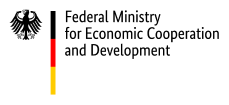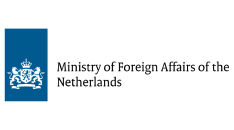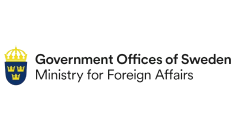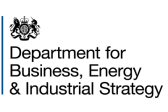Providing technical support for Central Banks in developing countries
This piece was contributed to the Partnership in Action report by the Climate Support Facility at the World Bank. It describes action taken by embedding economic advisors in central banks in Nigeria and Liberia.
Economic Advisory Support from the World Bank allows for an Economic Advisor (EA) to be integrated to provide technical support for Central Bank’s efforts in embedding the consideration of climate-related and environmental risks and opportunities (CERO) and green finance, into its supervisory and central banking operations.
Martijn Regelink, Senior Financial Sector Specialist from the Global Team on Financial Stability and Integrity of the World Bank Group, voices that, “the role of the EA is to be even one step closer to the country authority than we are as regulator [World Bank] advisors. They are dedicated to support a particular [central bank] and by doing so they are able to connect their existing core expertise even better to the unique country context.”
Nigeria, Africa’s largest economy and most populated country, is the second-highest emitter of greenhouse gases (GHG) on the continent. Nigeria’s development trajectory has been uneven, with strides in employment, income and poverty reduction all falling short of their potential. Agriculture, which is heavily impacted by flooding and drought, serves as the main source of income for 80% of the rural poor. Similarly, Liberia’s high dependence on natural-resource-intensive sectors that are climate sensitive, including agriculture, forestry and fisheries, increases the country’s vulnerability. Increased extreme weather events can damage physical assets, markets and productivity, which in turn affect the resilience of the banking sector.
In Nigeria, the EA is incorporating CERO and green finance into the practices and operations of the Central Bank of Nigeria (CBN) to increase the banking system’s resilience to climate-related risks and increase the mobilization of green finance to accelerate the low-carbon transition. Job training and capacity-building events allow for stronger coordination between key regulators and market participants on greening Nigeria’s financial sector. They also allow for higher certainty and consistent policy signaling from the regulatory side to the domestic market and foreign investors.
In Liberia, the EA is supporting the Central Bank of Liberia (CBL) by providing inputs to the Liberia Country Climate and Development Report (CCDR) and providing climate-change-related technical inputs, training and linkages to opportunities as part of the CBL’s strategic planning related to the mainstreaming of climate in the financial sector. This CCDR section on the financial sector provided a roadmap for the CBL and the Government of Liberia to increase capacity building regarding risk identification, assessment and monitoring.
Regelink explains that the Central Banks of Nigeria and Liberia are just two of “over 45 central banks and regulators in EMDEs [Emerging Market and Developing Economies],” in which the World Bank is assisting in “building climate strategies, assessing climate risks, and introducing regulatory reform and supervisory practices to ensure adequate management of climate risks and opportunities in the financial sector.”







